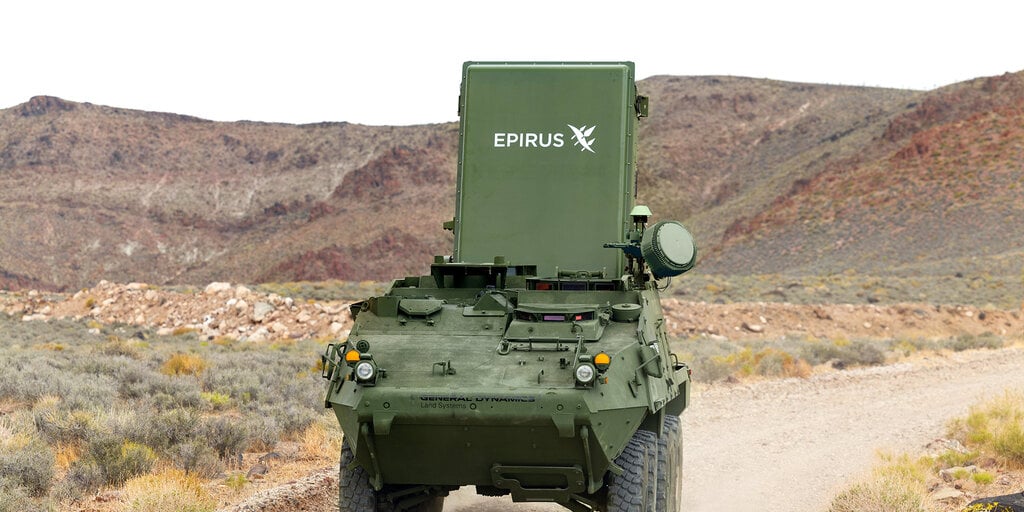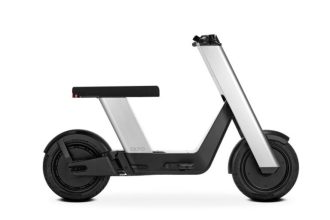Defense Company Develops Glancing Blow to Drone Swarms: Microwave Weapon Nears Pentagon Approval
LOS ANGELES – A defense startup from Los Angeles claims to have a solution for the modern battlefield scourge: ubiquitous drone swarms. Epirus announced the imminent fielding of Leonidas, a high-energy microwave system designed to disable autonomous aircraft without firing a projectile.
Unlike traditional laser weapons that require precise targeting and vulnerability knowledge, Leonidas uses a wide-area microwave beam capable of instantaneously disrupting the delicate electronics of multiple drones simultaneously.
“The beam for that [microwave weapon] is typically larger than the target, so you don’t have to worry about the selectivity,” Matthew Markel, Epirus’ Chief Technology Officer, explained. “Laser weapons force the operator to know the target’s vulnerabilities before seeking weak spots.”
Epirus officials note existing drone threats, like the reported Ukrainian swarm attacks over Russian territory last summer, represent a classic problem of overwhelming force versus defense resources. “You don’t need a thousand [drones] to overwhelm defenses – just 10 or 20,” Markel noted, positioning Leonidas as a system built to handle multiple threats.
Beyond military applications, the weapon’s broad, electronic disruption could also aid law enforcement attempting to counter drone incursions near sensitive facilities.
Epirus announced the Leonidas system in 2020 following its founding in 2018. Significant financial backing underscores Pentagon interest, including a $17 million U.S. Army contract in October 2024 and a subsequent $250 million Series D funding round. Artificial intelligence integrates across the system to optimize power usage and target acquisition.
Epirus recently fielded a “Leonidas Evolution” for demonstrations, using microwaves at range. While details like maximum operational distance remain classified, Markel confirmed the system has already participated in joint military exercises with NATO allies.












